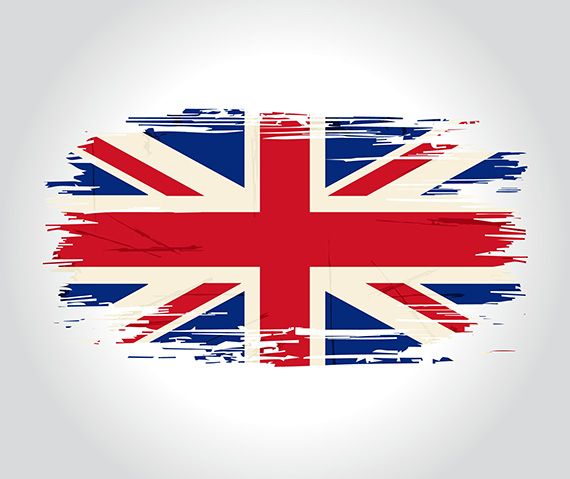More news
- Ask Joe Powder – October 2024
- Chinese paint majors look to domestic consumer sales as commercial real estate slumps
- Architectural coatings in Nepal and Bhutan
- A wild ride for U.S. construction and housing: Coatings and adhesives opportunities in 202...
- Levant paint industry and market marred by armed conflict and civil turmoil

South Africa’s high court has barred start-up company Dumax Paints from continuing to use the brand name, saying the trademark infringes that of Dulux, SA’s dominant paint manufacturer.
Business Live reported that the Bloemfontein high court found that Dumax was profiting from Dulux’s strong, recognised brand name and that it should cease trading under the name.
“The respondents are new entrants in a competitive market. There is no doubt that the Dulux trademark is dominant to such an extent that the Competition Commission recently refused to consent to the merger of Dulux and Plascon, the biggest and second-biggest paint brands in SA, the reason being that it would limit competition,” the judge found.
“No-one can claim an absolute right to exercise [his or her] trade or profession without interference and in so doing contravene the rights of their rivals. This is trite. Though the importance of a free market and robust competition cannot be underestimated, no-one shall be allowed to interfere with the clear rights of others.”
Dumax, which began trading in 2021, was found by the court to have copied an identical image from Dulux’s website onto its website to promote its products.
In another move that the court said was meant to confuse consumers, it found that Dumax mimicked Dulux’s slogan. While Dulux’s slogan reads ‘The future of paint today’, Dumax opted to use ‘Painting the future’.
READ MORE:
Market report: Energy crisis dominates South African industry but long-term outlook is positive
In its defence, Dumax played the transformation card and said Dulux’s application to interdict it using its trade name was the “antithesis of transformation and has a massive potential to halt economic transformation,” adding that, “during the years in which the applicants were formed, black people were not allowed to participate in the mainstream economy”.
The presiding judge found this argument to amount to no more than a “political argument”.
“The reputation and unique identity of the registered trademark will become blurred, causing the selling power to become eroded and the trademark diluted. The court must be satisfied of a likelihood of detriment or unfair advantage. Though no direct evidence was placed before me, I am satisfied that economic harm is self-evident from the facts on record.”
The Competition Tribunal earlier in November blocked a proposed merger between the owners of paint brands Dulux and Plascon in SA.
AkzoNobel, the Dutch multinational that owns the Dulux brand, had wanted to buy out the shareholding of Kansai Plascon Africa. The Competition Commission prohibited the proposed merger in 2022 after finding it would result in a “substantial lessening” of competition in the market for the manufacturing and supply of paint.
The Competition Commission on Friday welcomed the decision of the Competition Tribunal to block the merger.
Commission spokesperson Siyabulela Makunga said the watchdog is happy with the tribunal’s stance.
“The commission’s investigation found that the proposed merger will result in a substantial lessening of competition, particularly in the market for the manufacture and supply of decorative coatings,” Makunga said.
“This is because the proposed merger combines the largest and second-largest manufacturers of decorative coatings who manufacture the well-known Plascon- and Dulux-branded paint products to create a dominant firm with a considerable market share.”







